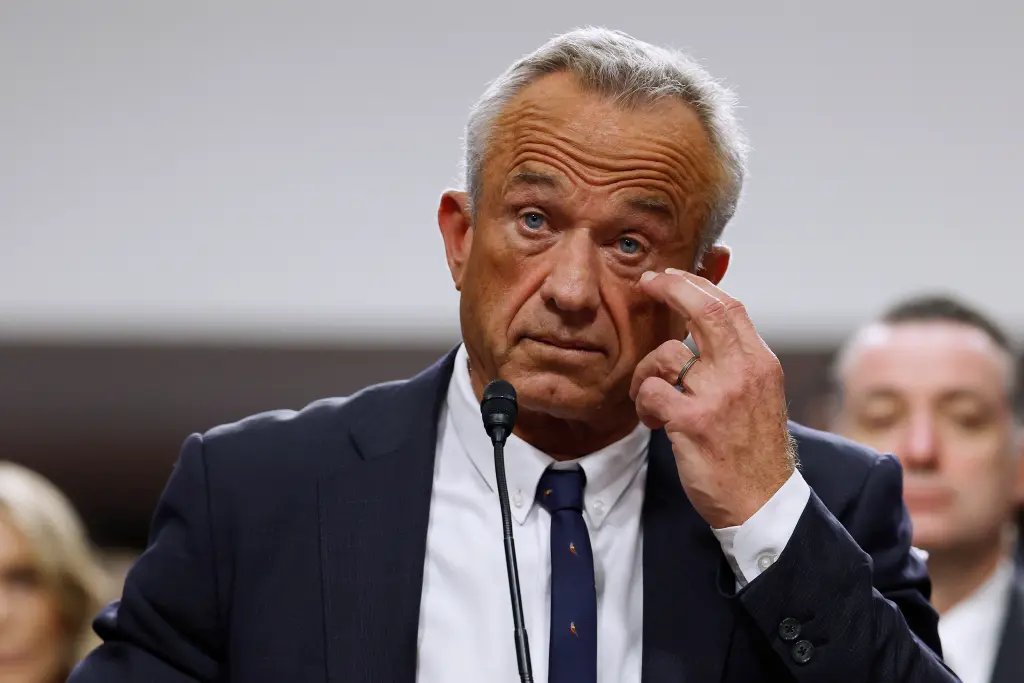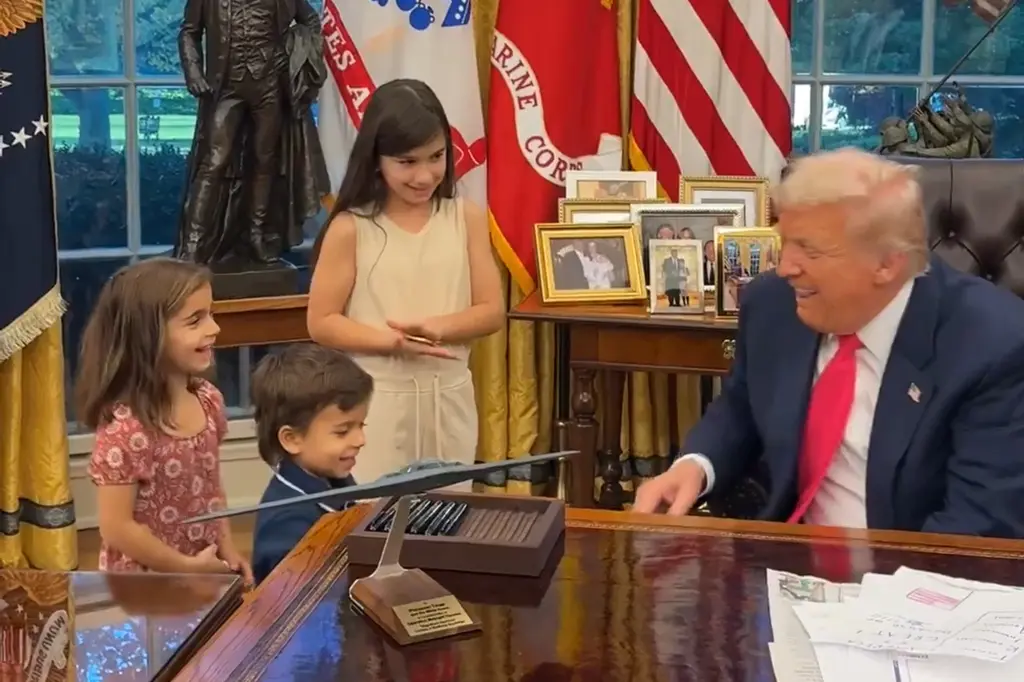In Her Tell-All Memoir, Olivia Nuzzi Says Robert F. Kennedy Jr. Called Her “Livvy,” Told Her “I Love You” First and Wanted Her to Have His Baby – Here’s What She Claims They Shared
In her forthcoming memoir, American Canto, journalist Olivia Nuzzi lays bare what she describes as a deeply emotional—though non-physical—“digital affair” with Robert F. Kennedy Jr., a relationship that she says began after interviewing him during his 2024 presidential bid. According to Nuzzi, the 71-year-old Kennedy initiated the intimate connection: he told her “I love you” first, called her by the nickname “Livvy,” wrote her poems, and even told her he wanted her to have his baby.
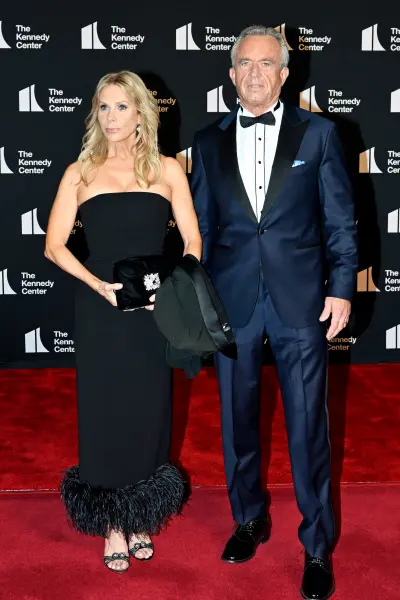
Nuzzi states the bond grew from what she describes as late‐night FaceTime calls and private chats rather than physical meetings. In the memoir she recalls how the affair “moved through the world with amused detachment and deep sensitivity,” despite what she identifies as “his particular complications and particular darkness.” She writes that she eventually said “I love you” only after he said it first—and that she “knew I felt the same.”
She further claims the relationship was intense enough that she watched him floss his teeth, saw his dopp kit overflowing with prescriptions, and was told by him that despite decades of sobriety, he still used psychedelics including dimethyltryptamine (DMT). In turn, Nuzzi admits she told Kennedy she took Adderall and “liked uppers.”
While Kennedy has publicly denied any romantic involvement—via a spokesman who asserted the two “only met once in his life for an interview” — Nuzzi’s account, backed by excerpts obtained by major media outlets, paints a very different picture.
The revelations arrive amid a backdrop of professional and personal upheaval for Nuzzi. The affair, which became public in late summer 2024, resulted in her being placed on leave by New York Magazine and later leaving the publication altogether. Her engagement to fellow journalist Ryan Lizza collapsed amid the fallout.
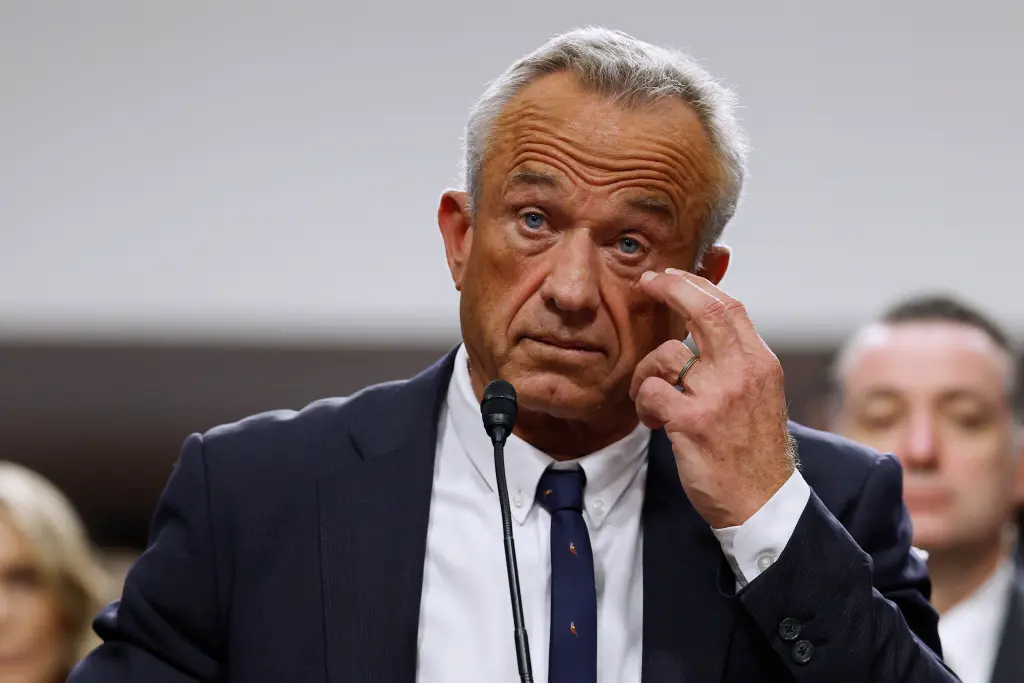
In American Canto, published December 2 2025, Nuzzi never names Kennedy by name. Still, the identities are unmistakable. The book frames the relationship as one of profound meaning for her—she writes of loving his eyes “blue as the flame,” his nose, and the way “the sight of something as trivial as a rose” could bring him to tears. Kennedy, she says, said he loved her mouth.
This story raises broader questions of power, ethics, and journalistic responsibility. At the time of the alleged relationship, Kennedy was running for President and subsequently became Secretary of Health and Human Services under the Trump administration. Nuzzi was a high‐profile political reporter covering key campaign moments. Her admission in September 2024 that she had a “personal relationship” with a former reporting subject triggered internal review at New York Magazine, which flagged it as a conflict of interest. The magazine stated that, “had the magazine been aware of this relationship, she would not have continued to cover the presidential campaign.”
Kennedy’s longtime spouse, Cheryl Hines, addresses the scandal in her own memoir, Unscripted. She writes of how she and Kennedy locked themselves in a room to “drill down on the truth” after the story broke, acknowledging the strain it placed on their marriage.
For her part, Nuzzi says she deeply regrets not disclosing her involvement sooner, saying at the time: “The relationship was never physical but should have been disclosed to prevent the appearance of a conflict.”
Observers say the memoir’s release will reopen the political and journalistic debate around disclosure, ethics, and power dynamics. One of the most quoted pieces of the book involves Kennedy allegedly saying to Nuzzi as the scandal blew up: “If it’s just sex, I can survive it.” That remark, as recounted by Nuzzi, encapsulates how he viewed the crisis—as a professional hazard, rather than a personal betrayal.
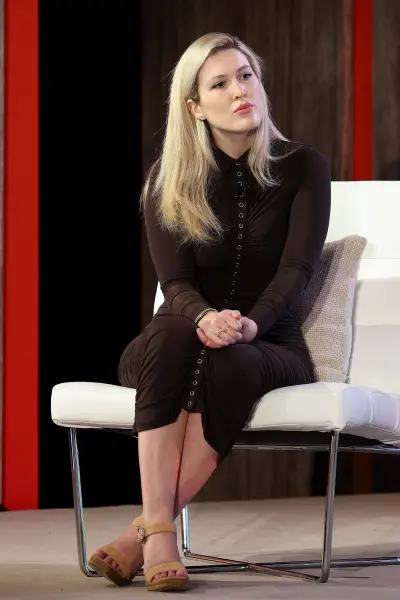
Critics question the nature and timing of Nuzzi’s disclosures, and whether her coverage of Kennedy crossed professional lines before her leave. Defenders of Nuzzi emphasize that she has been transparent about missteps, and that she now holds a significant role as West Coast Editor at Vanity Fair.
At its core, the story complicates public perceptions of Kennedy. Known for his controversial views on vaccines and psychedelics, the memoir’s claim that he admitted to occasional DMT use will draw scrutiny, particularly given his new role overseeing health policy.
Yet Nuzzi insists that what she felt went far beyond scandal or sensationalism. She writes that she “loved him, I thought. Oh no. I love him so much.” And the “non-physical” nature of their relationship, she argues, does not diminish its emotional intensity. The gap of nearly four decades in their ages is, in her telling, irrelevant compared to their “common language, common skepticisms, common ideas about what was beautiful, common beliefs about what was valuable.”
Still, the reader is left to parse what is claimed, what is denied, and what will ultimately be proved. Kennedy and his office have not responded in detail to the new allegations beyond their earlier denial of any affair. The memoir appears poised to stir both media and political debate as much as personal reflection.
In publishing this book, Nuzzi re-emerges from the spotlight of controversy into a new phase of her career. Meanwhile, Kennedy, already under intense scrutiny for his public role, faces renewed questions about judgment, secrecy and accountability. The affair, as described in American Canto, may be digital in nature—but its consequences span far beyond a screen.
As this chapter unfolds, readers will watch how the once-private details become part of the public record—and how both protagonists navigate the fallout. Nuzzi’s narrative opens one door; how Kennedy, and his allies, respond remains a story in progress.
